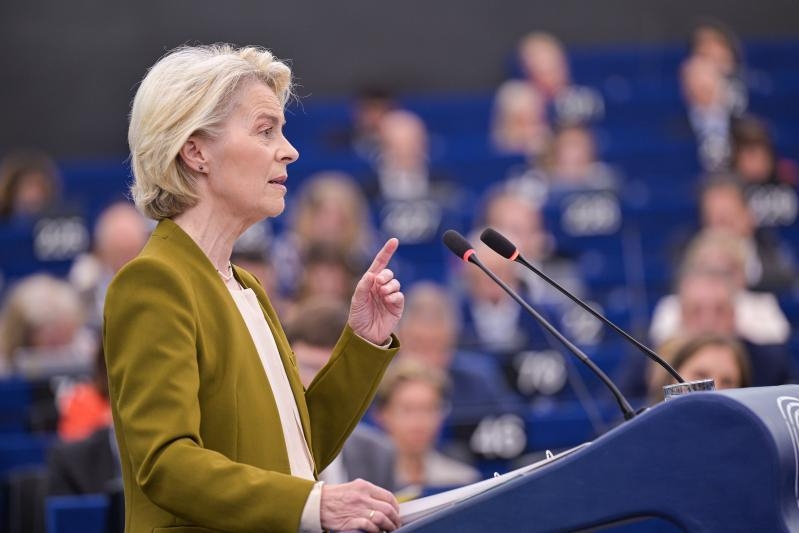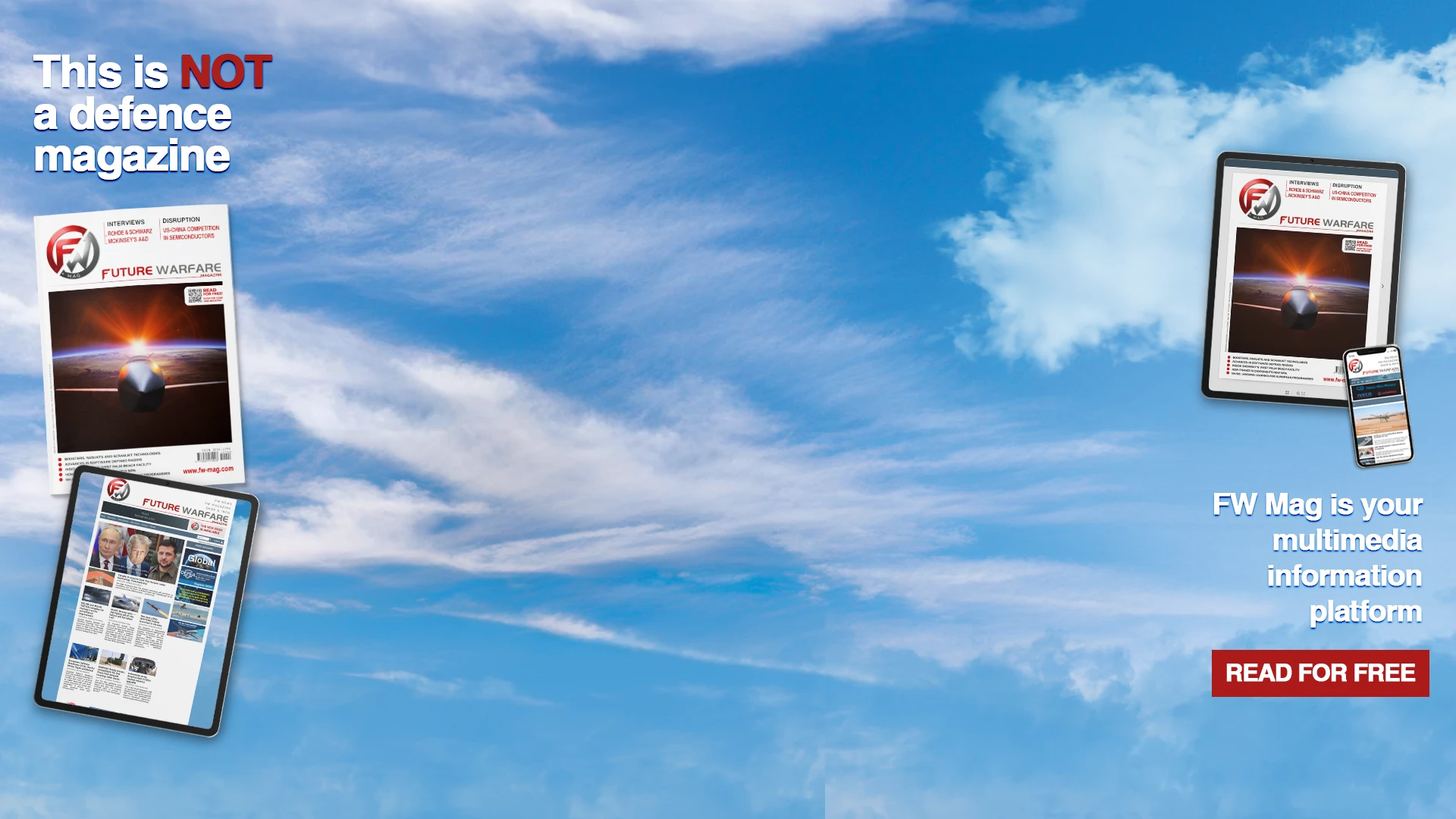
If we were to sum up Ursula von der Leyen's latest State of the Union address to the European Parliament, three words come to mind: ambition, political calculus, and continuity. Ambition in defence, calculation in how she shifted responsibility, and continuity on the transatlantic track.
To understand this formula, one must consider the context in which, on 10 September in Strasbourg, the European Commission President spoke. Politically, von der Leyen stands in a precarious position: caught in crossfire from allies and opponents alike, scarred by a stormy summer of criticism over her trade deal with Donald Trump and her hesitations on Israel–Gaza, with Europe itself paralysed by the carnage.
Internationally, the scenario is even darker: Russian drones shot down by NATO after crossing into Polish skies and triggering NATO Article 4 consultations, Ukraine still bleeding, Israel bombing Hamas in Doha, and the United States shaken by political violence and drifting into paralysis - only in the last few days.
Against this backdrop, von der Leyen struck a fiery, almost defiant tone: "Europe is in a fight, a fight for a continent that is whole and at peace." The bloc, she said, must face "a world of imperial ambitions and imperial wars," a framing that tried to recast the EU as a geopolitical actor while reminding that its fate lies not just in her hands, but in the often unwilling hands of member states.
Her most eye-catching pledges came in the realm of defence. She unveiled a "Drone Alliance" with Ukraine, backed by €6 billion in funding - whereas drones play an essential role in inflicting losses to Russia - with the added promise of building a "drone wall" along Europe's eastern flank.
On Russia, she went even further, proposing to use profits from frozen Russian assets to fund a Reparations Loan for Ukraine. "This is Russia's war. And it is Russia that should pay," she stated, while proposing a measure that, according to some, might blur the lines between asset freezing and confiscation.
On Israel, she hardened her line, promising to suspend bilateral aid, propose sanctions on extremist ministers, and partially freeze the EU–Israel association agreement. "What is happening in Gaza is unacceptable," she told MEPs, while explaining the proposal, that might not survive the Council, but sought to answer critics who see her as indecisive.
This mix of 'big-ticket' defence projects, risky financial engineering, and measures (but not yet moral condemnation) of Israel was meant to sound like a break from EU inertia. But in reality, her ambition is constrained by the EU institutional limits she knows all too well.
Those 'limits' were the second layer of the speech: calculation. For a while, von der Leyen has been accused of embodying EU indecision and inaction - or weakness. However, she was also somehow scapegoated for disagreements and fights of national governments. This time, she flipped the script. By placing bold proposals on the table - nearly all requiring unanimity or qualified majority voting - she returned the burden to the Council.
"Do we just want to argue with each other and be paralysed by our divisions?" she asked, in a pointed jab at governments clinging to their veto power. Her call to "break free from the shackles of unanimity" confronted them head-on. But as is well-known, qualified majority has been debated for years and rejected by most capitals fearful of sovereignty loss. This makes the move less a roadmap than a dare: bold rhetoric that allows her to appear ambitious while leaving rejection to the Council.
Critics see it as a ‘face-saving’ tactic, a way to silence federalists and frustrated citizens while ensuring the Commission cannot be blamed for inaction. In short, her speech was as much about passing the buck as about seizing the future.
Finally, continuity with Washington ran like a current beneath the whole address. "This must be Europe's Independence Moment," she said in her speech, insisting on the need to "take care of our own defence and security." Meanwhile, however, she reassured Atlanticists that "NATO will always be fundamental". The reminder was timely: when Russian drones crossed into Poland, it was NATO systems - not EU assets - that brought them down.
Indeed, Europe remains militarily dependent, years away from achieving autonomous defence, with no genuine European army on the horizon. Her balancing act was delicate: reassuring Washington of loyalty, soothing Atlanticists in Europe, while still claiming this was a moment of emancipation.
Von der Leyen's performance resists easy labelling. It was ambition in drones, reparations, and sanctions; calculation in passing responsibility and daring the Council; continuity in bowing to NATO while speaking of independence. It was a compromise, political theatre, and calculated ambition. What is certain is what the Russian drones dangerously reminded everyone of: Europe must learn to collaborate - for its survival.








